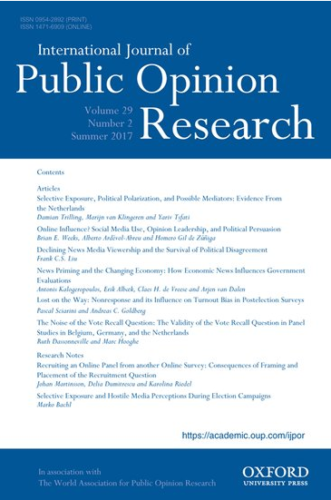
Science curious people—those who enjoy consuming science-related information—are less likely to hold politically polarized views about contentious science. Consequently, science curiosity is of great interest to scholars across the social sciences. However, measuring science curiosity via the science curiosity scale (SCS) is time intensive; potentially impeding its widespread usage. We present two new methods for reducing SCS administration time. One method presents respondents with a randomly selected subset of items (“Random Subset [RS] Method”). The other asks all respondents a core set of just four items (“Reduced-Form Method;” RF). In three nationally representative surveys, we assess the construct, convergent, and predictive validity of these alternatives. We find both versions to be well validated.

